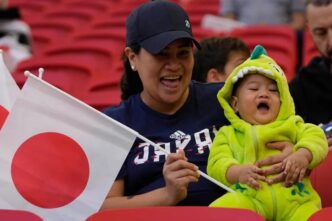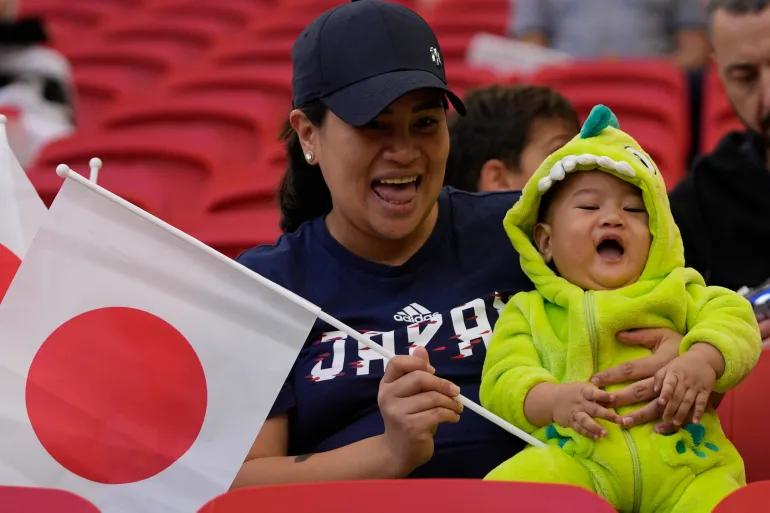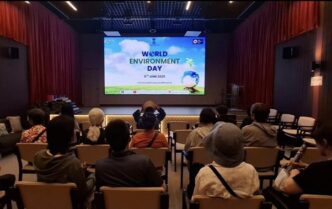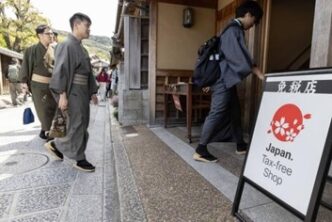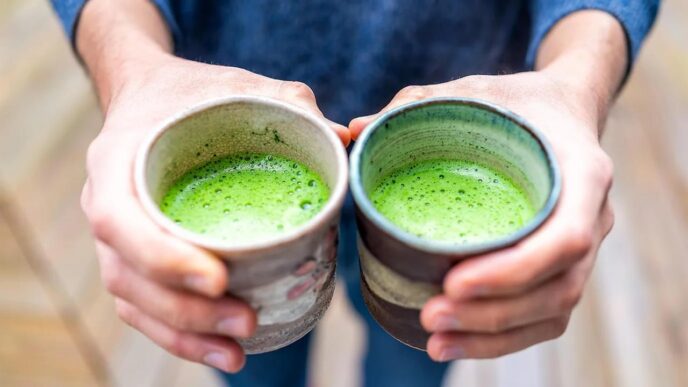Say goodbye to baby names like “Pikachu” or “Nike” in kanji form — at least the kind that leave people scratching their heads. Japan has passed a new law targeting “kira kira” (or “glittery”) names that break tradition by using unusual or confusing readings of kanji characters.
What are kira kira names?
They’re pop-culture-inspired names with flashy kanji spellings — often meant to sound like anime or brand characters, but pronounced in a way that doesn’t match how the kanji is usually read. Think naming a child “今鹿” (which looks like “Imashika”) but telling everyone it’s pronounced “Naushika,” after a Studio Ghibli film.
While creative, these names have been frustrating teachers, hospital workers, and employers who can’t figure out how to pronounce them. Imagine a teacher calling roll and seeing “七音,” meant to be read as “Doremi,” and thinking, “Wait… what?”
What does the new law do?
Japan now requires all families to officially register the *furigana* — the pronunciation of names — alongside their kanji. This helps authorities ensure that the way a name is said actually makes sense with how it’s written. If the reading doesn’t match traditional or widely accepted pronunciations, it could be rejected.
This doesn’t mean parents can’t be creative anymore — but names must be clear, readable, and connected to the kanji used.
FAQs
Q1: Can I still give my child a unique name in Japan?
Yes, but the name has to match the usual readings of the kanji characters used. You can’t just write one thing and pronounce it however you want.
Q2: Is Japan banning pop-culture names completely?
Not exactly. The law doesn’t ban names like Pikachu or Hello Kitty — but if you try to spell them with kanji that don’t logically match the sound, the government can say no.
